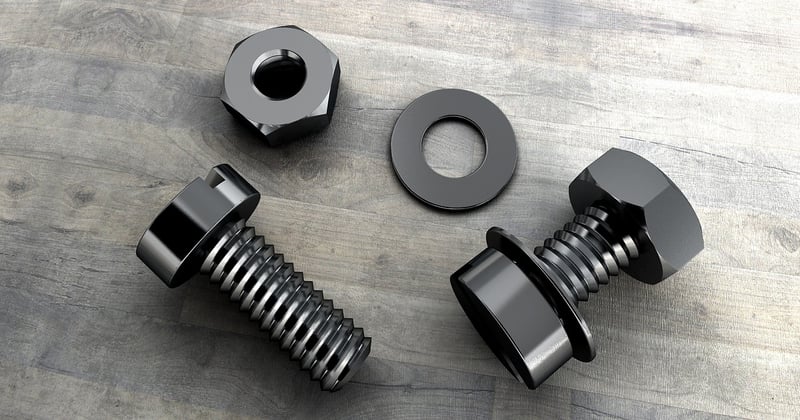Performance Metrics
Monitor and Track Your Fitness Progress + Performance Metrics
Whether you're a seasoned athlete or just starting your fitness journey, monitoring and tracking your progress is key to achieving your goals. By keeping an eye on performance metrics, you can understand how your body is responding to your workouts and make necessary adjustments to optimize results.
Why Track Your Fitness Progress?
Tracking your fitness progress allows you to:
- See improvements over time
- Stay motivated and focused
- Identify areas for improvement
- Set realistic goals
- Hold yourself accountable
Performance Metrics to Monitor
When it comes to tracking your fitness progress, there are several key performance metrics to consider:
- Heart Rate: Monitoring your heart rate during exercise can help you gauge intensity and ensure you're working within your target zones.
- Calories Burned: Tracking calories burned gives you an idea of how much energy you're expending during workouts.
- Distance: Whether you're running, cycling, or swimming, tracking distance can help you see improvements in your endurance.
- Strength: Keeping track of the weights you lift and the number of reps can help you progress in your strength training.
- Body Measurements: Monitoring changes in your body measurements like weight, waist circumference, and body fat percentage can show changes in body composition.
Tools for Tracking Fitness Progress
There are various tools available to help you monitor and track your fitness progress:
- Fitness Trackers: Devices like fitness watches or apps can track metrics like heart rate, steps taken, calories burned, and more.
- Workout Journals: Keeping a workout journal to record your exercises, sets, reps, and weights can help you track progress over time.
- Body Composition Scales: These scales can measure metrics like weight, body fat percentage, muscle mass, and more.
- Performance Testing: Periodic fitness assessments like VO2 max tests or strength tests can provide valuable insights into your progress.
Stay Consistent and Adjust as Needed
Consistency is key when it comes to monitoring and tracking your fitness progress. Make it a habit to regularly check and record your performance metrics. Remember, progress takes time, so be patient with yourself.
If you notice stagnation or a plateau in your progress, don't be afraid to adjust your workouts, nutrition, or recovery strategies. Consulting with a fitness professional or coach can also provide guidance on how to break through barriers and continue progressing towards your goals.

Keep pushing yourself, stay focused on your goals, and celebrate every milestone along the way. With dedication and the right tracking tools, you'll be able to monitor your fitness progress effectively and see the results you've been working hard for.
Remember, fitness is a journey, not a destination. Enjoy the process, stay committed, and watch yourself become stronger, faster, and healthier with each step you take.
